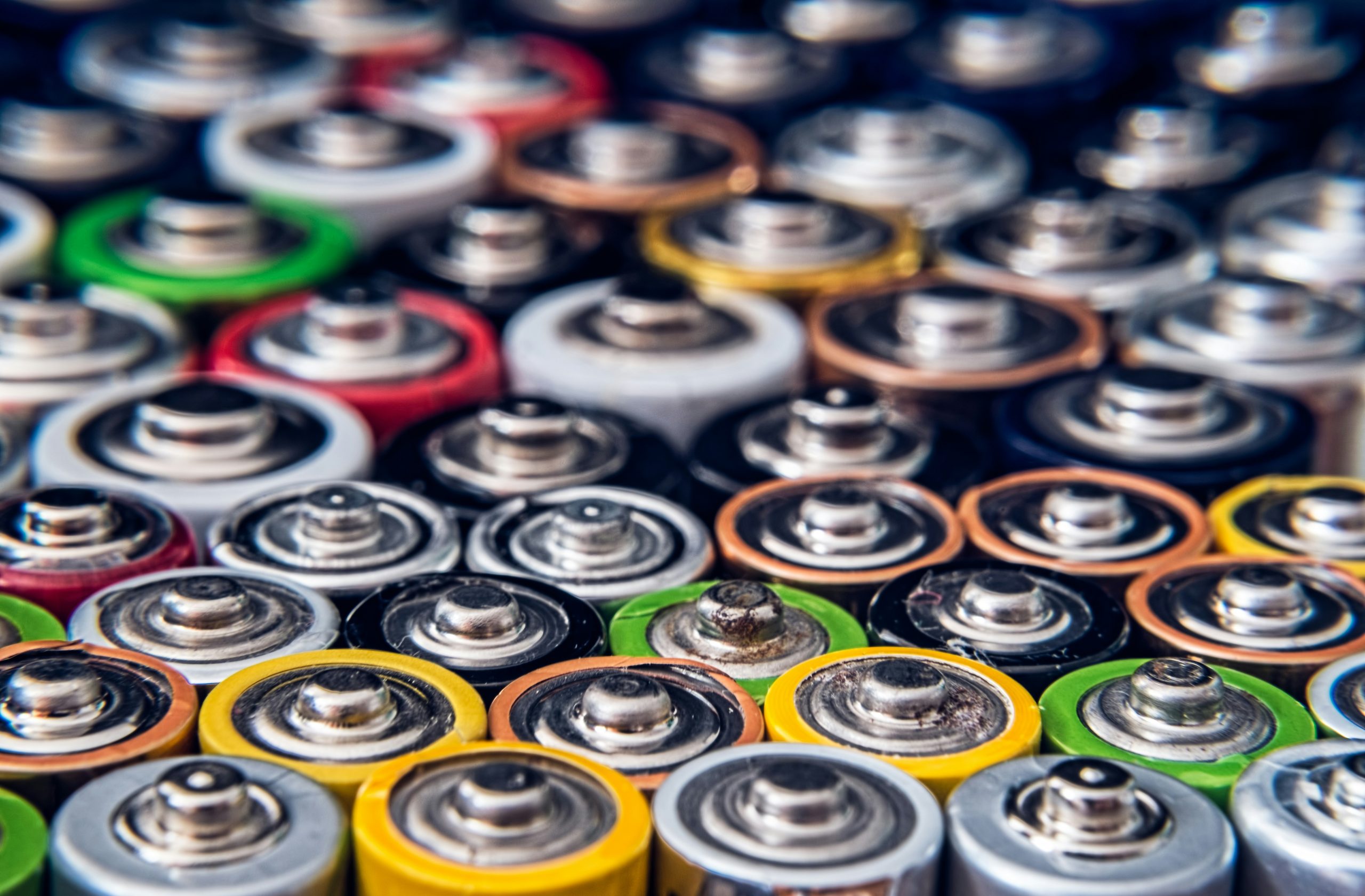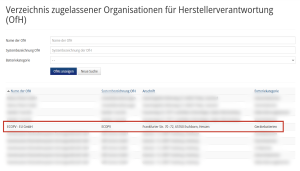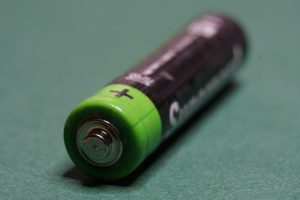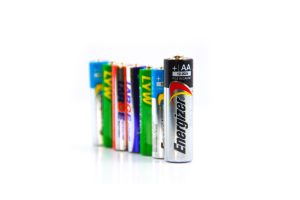In today’s environmentally conscious market, regulations governing the safe use, return, and disposal of products are becoming more stringent. One such regulation is Germany’s Battery Act (BattG)—a national implementation of the EU directive on batteries and accumulators. If your business deals with batteries in any way—whether selling, importing, or distributing—understanding this law is critical to staying compliant and avoiding serious penalties.
What is the Battery Act (BattG)?
The Battery Act (BattG) is Germany’s version of the European Battery Directive. It governs the placement on the market, return, and environmentally responsible disposal of batteries and accumulators in Germany. The law applies to all types of batteries—whether sold individually, embedded in products, or imported into the country.
It is important to note that BattG is specific to Germany. Although it is based on an EU directive, each EU country enforces its own battery legislation, and compliance in one country does not automatically ensure compliance in another.
What Types of Batteries Are Regulated?
The BattG covers both primary batteries (non-rechargeable) and secondary batteries (rechargeable, including accumulators). These batteries may be standalone or built into electronic devices.
The law classifies batteries into three categories:
Device Batteries: These are small, portable batteries often used in electronics such as remotes, toys, and household devices. They must be handheld and not fall under vehicle or industrial use.
Vehicle Batteries: Batteries used for ignition, starting, or lighting in vehicles.
Industrial Batteries: Batteries used for commercial, industrial, or agricultural applications, including those in electric vehicles or solar energy storage.
Each category has slightly different compliance requirements.
Who is Obligated Under the BattG?
According to the Battery Act, the following are considered “producers” and are legally obligated to comply:
- Companies that manufacture batteries
- Businesses that import batteries or products containing batteries into Germany
- Vendors who sell batteries under their own brand
- Anyone who introduces batteries into the German market—whether by sale, lease, or even free distribution
Even foreign sellers shipping batteries into Germany from outside the EU are considered producers under this law.
What Are the Main Obligations?
To comply with the BattG, obligated parties must fulfill several responsibilities before and during market operations:
- Registration with Stiftung ear
All producers must register with the Battery Register maintained by Stiftung ear—Germany’s national authority responsible for the registration of electronic equipment and batteries. Each battery brand and type must be registered before the product is introduced to the market. - Take-Back and Disposal
Producers must organize the return and proper disposal of used batteries. This includes:
-Participating in or establishing a nationwide return system for device batteries
-Providing free collection points for consumers
-Ensuring environmentally safe recycling or disposal
-Simply taking batteries back and disposing of them independently is not enough—nationwide accessibility for returns is required. - Deposit for Vehicle Batteries
Retailers selling vehicle batteries must charge a deposit that is refunded when the old battery is returned. This encourages proper return and discourages illegal disposal.
What Happens If You Violate the Law?
Non-compliance with the Battery Act can result in serious consequences:
● Fines up to €100,000
● Confiscation of profits
● Sales bans on non-compliant products
● Legal claims from competitors, including cease-and-desist letters
● Damages and reputational harm due to consumer distrust
In short, violating the BattG can impact your business financially and legally.
Conclusion
The Battery Act (BattG) plays a vital role in protecting the environment by ensuring batteries are responsibly produced, collected, and recycled. If your business sells or imports batteries or products with built-in batteries in Germany, you are legally obligated to register, participate in take-back schemes, and comply with all disposal requirements.
Remaining compliant is not only a legal duty—it’s also a responsible step toward environmental sustainability and maintaining consumer trust in your brand.











